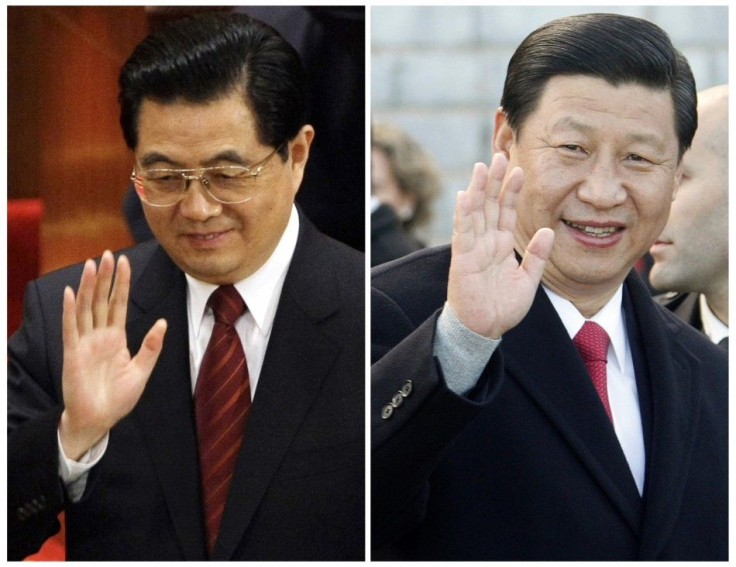Here's The List: China's Likely Future Leaders

As China prepares for the Communist Party congress that will decide the country’s next crop of leaders, an unofficial list of China’s new likely ruling elite has surfaced. According to a report by Reuters, China’s top leadership team, the Politburo Standing Committee, or PSC, will be comprised of seven men, rather than the current nine.
The seven-member list includes Xi Jinping, 59, and Li Keqing, 57, both of whom will almost certainly be appointed president and premier, respectively.
The names are a mixture of candidates who are reform-oriented and those who will continue to stick to more traditional, conservative decisions. That indicates a willingness by China’s ruling group, if the list is confirmed, to continue with the approach that has dominated Chinese government for more than two decades: Foster economic growth while keeping a tight rein on political expression.
Xi is a current member of the PSC, serving as vice president under President Hu Jintao. Additionally, he has the support of former President Jiang Zemin, as one of his protégés. His political alignment is determined by his "princeling" status, a member of China’s social elite. As the expected future president of China, his conservative stance on political reform and support for privately owned businesses will likely direct the nation’s future.
Li is also a current member of the PSC and serves as executive vice premier and is expected to succeed current Premier Wen Jiabao. Li is said to be less conservative than Xi when it comes to political reform. While on the PSC, he will likely promote the development of China’s rural areas, as well as addressing the issues of clean energy and health care.
Stewardship of the economy may fall to Wang Qishan, 64, currently serving as vice premier in charge of economic and financial affairs. If appointed to the PSC, he may assume the role of executive vice premier in charge of the economy. His reputation as a problem-solver was developed when the SARS epidemic hit Beijing in 2003; he was credited for helping contain it. In addition, his interest in economic reform suggests he would encourage foreign trade and investment.
Liu Yunshan, 65, holds the position of director of the party’s propaganda department, responsible for all state-run media, as well as controlling China’s growing Internet population. One of his biggest contributions in this area is the development of the infamous Great Firewall, the world’s largest Internet censorship system.
Li Yunchao, 61, runs the party’s organization department, which controls top personnel appointments at state levels. Thought of as one of the more progressive members of the party, he will likely call for political change in the form of crackdowns on corruption.
Zhang Dejiang, 65, known more recently for replacing Bo Xilai as party boss of Chongqing, also studied in North Korea and is considered an expert on the Chinese ally. Currently on his second term as a Politburo member, his chances of promotion to the PSC are high.
Zhang Gaoli, 65, is party chief of Tianjin, one of China’s fastest-growing second-tier cities, as well as a Politburo member. Zhang, who is an economist by training, has advocated for economic efficiency and reform.
The current list, which was mutually agreed upon by current President Hu Jintao, his predecessor, Jiang Zemin, and likely successor Xi Jinping, can still be changed and vetoed by party elders, sources revealed to Reuters.
© Copyright IBTimes 2024. All rights reserved.






















